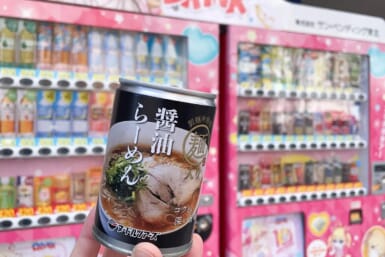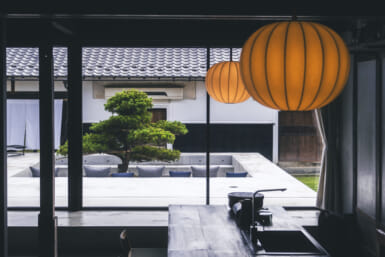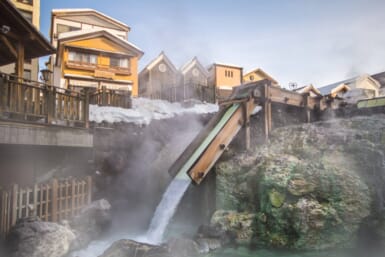US defense secretary Leon Panetta has visited Cam Ranh Bay, an essential port for US ships during the Vietnam War, in the wake of security talks held in Singapore wherein he talked up bolstering US navy’s presence in Asia, particularly strategically placed Vietnam, in the South China Sea.
Under President Obama’s “pivot to Asia”, the US will deploy 60% of its naval fleet in the Pacific by 2020, in an effort to ensure security in the region perceived as shaken by an aggressive China.
Australia, a long-standing ally, strongly welcomed the military power’s presence in its own backyard, with 2,500 troops to be deployed in Darwin and deeper cooperation as far as allowing the US to use its territory for long-range spy drone operations. Australian Defense Minister Stephen Smith acclaimed the vital role of the US in the region, stating that expanding cooperation with its navy is “an ongoing cause for peace and security in our part of the world”.
Bangladesh, however, has denied reports from a Mumbai-based news channel that the US plan to deploy its Seventh Fleet in Chittagong. Bangladesh is a strategic base for the US navy as its troops pulls out of Afghanistan, Times Now says. A US embassy spokesman in Dhaka said that the countries have a strong military relationship bound by the Joint Declaration on Bangladesh-US Partnership Dialogue, highlighting the possibility of deeper cooperation in the future.
Panetta denied that the “pivot” is directed at countering China’s aspirations. The Pentagon chief commented on the “strong relationship” the two countries had built since the Vietnam war and the necessity of taking the relationship “to the next level”.
Hanoi claims it wants to open up the port for commercial purposes. Defense experts believe that Vietnam is purposely sending signals to China that it cannot hold sway in the South China Sea, particularly in claiming territories. China has criticized the military developments claiming it only serves US national interest.
While other Asian nations embraced the presence of the US navy, others are concerned of being caught in the middle of an even larger enmity between the rising power and the sole military power. “No one wants to be in a position to choose sides,” said Singapore defense minister Ng Eng Hen.
The US reiterates its stance as a helping hand to Asia-Pacific countries by engaging with their defense forces to develop their capabilities, especially in resolving territorial disputes. “It isn’t enough for the United States to come charging in to try and resolve these issues,” Mr. Panetta told the Financial Times.









